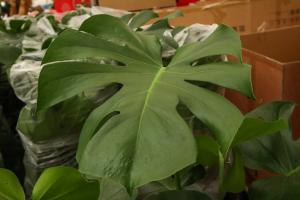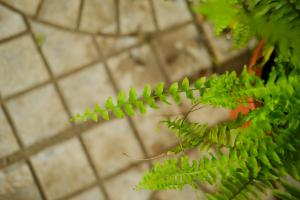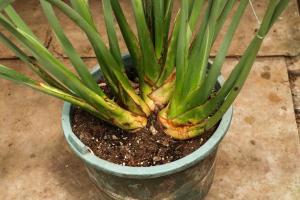Is Salt from Soft Water Heater Bad for Plants?
When it comes to gardening and plant care, one of the most important factors to consider is water quality. While some gardeners rely on tap water to keep their plants healthy, others opt for soft water from a water softener or soft water heater. However, there has been some concern about the potential negative impact of the salt in soft water on plant growth and health. Let's explore this issue further.
Understanding Soft Water Heaters
Soft water heaters are devices that use ion-exchange to remove hard minerals such as calcium and magnesium from the water supply, leaving behind water that is considered "soft." In order to achieve this, soft water heaters rely on salt or sodium chloride. The salt is used to regenerate the ion-exchange resin, meaning that the water supply is periodically flushed with a high concentration of salt.
The Effects of Salt on Plants
Salt can have various effects on plant growth and health, depending on the concentration and duration of exposure. In small amounts, salt can actually be beneficial for some plants, as it can promote the uptake of nutrients and improve soil structure. However, when salt levels become too high, it can have negative consequences. Salt buildup can cause soil to become too dry and compacted, which can limit root growth and water absorption. In extreme cases, salt can even be toxic to plants and cause leaf scorch, stunted growth, and other issues.
Is Soft Water Safe for Plants?
Based on the potential negative effects of salt on plant health, it is reasonable to wonder whether soft water is safe for plants. The answer, however, is not simple. It largely depends on the type of plants you are growing, as well as the salt concentration in your soft water supply. Some plants are more tolerant of salt than others, and some soils are better equipped to handle salt buildup. In general, most plants should be fine with moderate amounts of salt in their water supply, as long as the soil is properly drained and fertilized. However, if you notice signs of salt buildup, such as crusty white deposits on the soil surface, it may be time to switch to a different water source or use a salt-free water softening alternative.
Considerations for Gardeners
If you are using soft water for your garden, there are a few things you can do to minimize the potential negative effects of salt on plant health. First, make sure that your soil is properly prepared and drained before planting. This will help prevent soil compaction and allow for optimal root growth. Second, be sure to fertilize your plants regularly with a balanced fertilizer to help maintain soil health and nutrient levels. Finally, consider testing your water for salt levels periodically to ensure that it remains within a safe range for your plants.
Conclusion
In summary, the use of soft water from a water softener or soft water heater can be a convenient and effective way to keep your plants healthy and hydrated. However, it is important to be mindful of the potential negative effects of salt buildup on plant growth and health. By taking the necessary precautions and monitoring your water and soil quality, you can ensure that your garden thrives with the help of soft water.

 how many times do yo...
how many times do yo... how many planted tre...
how many planted tre... how many pine trees ...
how many pine trees ... how many pecan trees...
how many pecan trees... how many plants comp...
how many plants comp... how many plants can ...
how many plants can ... how many plants and ...
how many plants and ... how many pepper plan...
how many pepper plan...

































